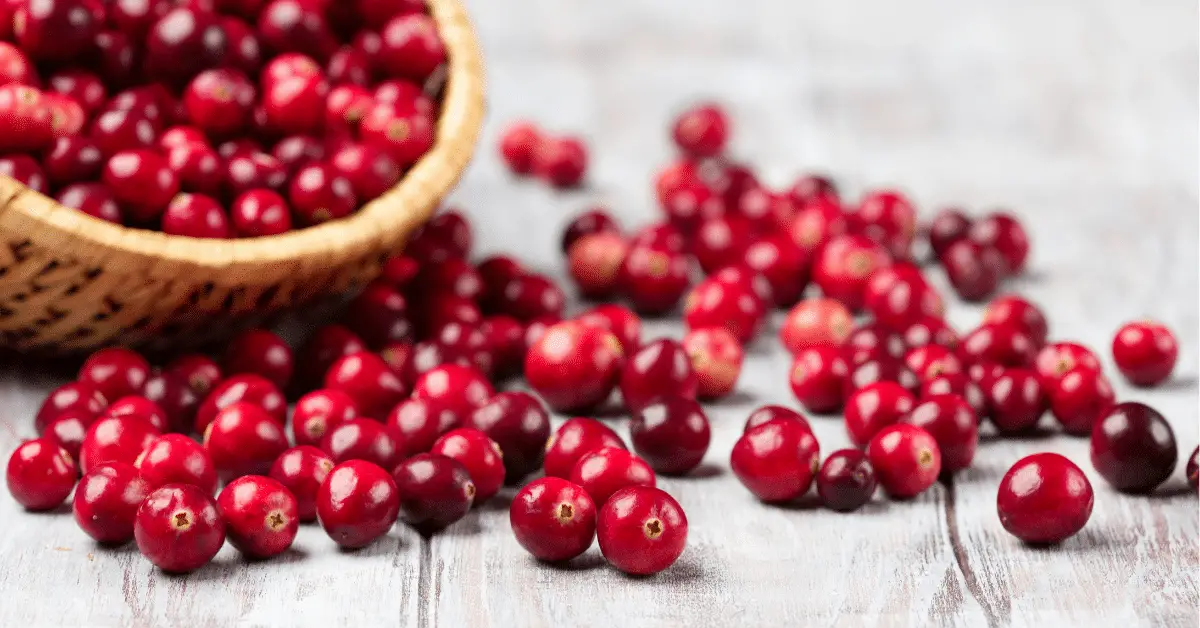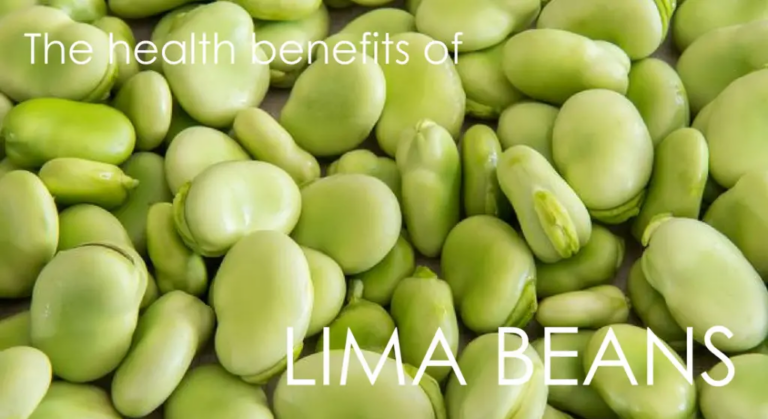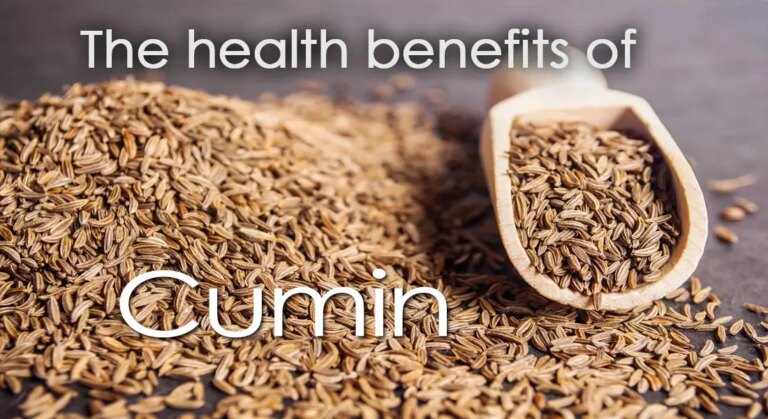Cranberries have been known for their health benefits for quite some time, but new research suggests that including this fruit in your diet year-round may have even more benefits than previously thought.
Studies have shown that cranberries can help enhance memory and brain function, prevent dementia, and lower bad cholesterol. With the number of people affected by dementia expected to reach 152 million by 2050, it’s more important than ever to explore ways to decrease our likelihood of developing neurodevelopmental illnesses. [1]
Why Cranberries?
Let’s first get this information out:
Flavonoids are plant chemicals that have numerous health benefits. They are classified into six categories, each with health-promoting properties. Consuming a variety of fruits and vegetables is the best method to receive all six types of flavonoids. They are also found in many plant-based meals and beverages, including tea and wine. [2]
Numerous studies have demonstrated the numerous advantages of these phytonutrients. Researchers discovered that consuming a flavonoid-rich diet lowers the risk of cardiovascular disease, diabetes, and several malignancies. So the reason why we need flavonoids is that they have anti-inflammatory effects and they protect your cells from oxidative damage that can lead to disease. [2, 3]
So, how is this related to cranberries?
Previous research has linked higher dietary flavonoid consumption to slower rates of cognitive decline and dementia. Foods high in anthocyanins and proanthocyanidins, the pigments that give berries their red, blue, or purple color, have also been shown to benefit cognition. Cranberries are high in these micronutrients and have been linked to anti-inflammatory and antioxidant effects. [4]

What Makes Cranberries a Superfood
Aside from anti-inflammatory components, cranberries are rich in vitamin C, potassium, and calcium, all of which have anticancer, antibacterial, and antiviral properties, owing to their polyphenol activity (which helps fight diseases). [4]
Cranberries have been used to treat UTIs for a long time. Their antioxidant proanthocyanidins (PACs) help keep bacteria from sticking to the walls of the urinary tract. [5]
Meanwhile, a systematic review found that supplementing cranberries in the diet can help individuals manage several risk factors for cardiovascular disease. Cranberries can also affect several other mechanisms that can trigger the death of cancer cells and reduce inflammation. [6, 7]
That’s a whole lot of benefits in one fruit. So, is it right to consider this fruit a superfood? Definitely! This fruit is a good source of various vitamins and antioxidants and a lot of studies have been supporting this.
But can a cup of cranberries a day really keep dementia away? Read on to find out!
How Do Cranberries Affect the Brain?
A 2022 study published in Frontiers in Nutrition reveals the neuroprotective potential of cranberries. The study looked at the effects of eating the equivalent of a cup of cranberries per day on participants aged 50 to 80. These findings aim to contribute to the prevention of neurodegenerative diseases such as dementia. [8]
Individuals with memory impairments, particular health behaviors, underlying health disorders, or who were taking specified drugs were barred from participating in the study. Prior ingestion of flavonoid-rich foods was also factored in.
Half of the participants consumed freeze-dried cranberry powder on a daily basis, which was equivalent to a cup or 100g of fresh cranberries. The other half was given a placebo. The participants were advised to take two sachets per day, one in the morning and one in the evening to be taken for a period of 12 weeks. Before and after the intervention, cognitive assessments, including memory and executive function, neuroimaging, and blood samples were taken.
Lead researcher Dr. David Vauzour of Norwich Medical School at the University of East Anglia found that consuming cranberry powder led to “significantly improved episodic memory performance in combination with improved circulation of essential nutrients such as oxygen and glucose to important parts of the brain that support cognition – specifically memory consolidation and retrieval.” [9]
The cranberry group also had a big drop in LDL, or “bad” cholesterol, which is known to cause atherosclerosis, which is when plaque builds up in the inner lining of an artery and makes it thicker and harder. This backs up the idea that cranberries can improve the health of the blood vessels and may help the brain get more oxygen and think better. This is promising, given that a 12-week cranberry intervention resulted in tremendous improvements in memory and brain function.
Dr. Vauzor noted that cranberry is still far from being considered a way to reverse dementia or regain cognitive skills, but this is undoubtedly a fruit that can help prevent dementia in healthy individuals or a person at risk of the disease.
The team conducting the study noted that cranberries contain other health-promoting compounds in addition to the polyphenols that seem to prevent dementia. These include dietary fiber and other nutrients. However, the study does not conclusively determine which of the cranberry’s many beneficial compounds is most responsible for the prevention of dementia.
More research is needed to pinpoint the exact mechanism by which cranberries benefit brain health. Meanwhile, there is no harm in adding cranberries to your diet in order to take advantage of their many potential health benefits.
Fruits and the Importance of a Balanced Diet
Researchers did a similar study, which found comparable outcomes using pomegranates. In 2017, a study out of UCLA showed that mice consuming pomegranate extract in their feed did not contract inflammatory bowel disease at the same rate as study mice that did not feed on pomegranate extract. [10]
Co-author David Heber, MD, founding director of the UCLA Center for Human Nutrition, explained that the survival mechanisms developed by the pomegranate plant in nature are retained when consumed, impacting the digestive system. [11]
Berries and other fruits strong in phenolic compounds have been demonstrated to improve memory, particularly when it comes to enhancing visual memory. Dr. Zhaoping Li, chief of the division of clinical nutrition at UCLA who is also the study’s co-author, emphasizes that replacing ultra-processed diets with more natural foods, such as fruits and vegetables, can benefit our entire health beyond memory. [12]
The brain is complex and the causes of dementia are diverse, so it’s unlikely that a single ingredient can prevent or reduce the risk of dementia. While a single food, substance, or supplement may not provide significant protection against disease, a healthy and balanced diet is still the best approach for maintaining brain health.
Adding Cranberries to Your Diet
Dietitians recommend consuming whole cranberries, including the skin and fiber, to receive the most benefits. Additionally, it’s important to avoid cranberry products with added sugar, especially for those at risk of diabetes.
If you are taking supplements or medications, it’s important to talk to your doctor before adding cranberries to your diet, as they may interact with your medications.
If you’re looking to add this superfood to your diet, just remember to enjoy them in moderation — a cup or two a day is all you need to reap the benefits! Don’t stop at adding cranberries to your diet and add the power of 18 superfoods all compiled in more than 60+ recipes, for free in this Superfood Cookbook!
Sources:
- Dementia Cases to Nearly Triple Worldwide by 2050 | Fisher Center for Alzheimer’s Research Foundation
- Everything You Need to Know About Flavonoids
- Flavonoids: an overview – PMC
- Isolation of Specific Cranberry Flavonoids for Biological Activity Assessment – PMC
- Cranberries for preventing urinary tract infections – PMC
- The effects of cranberry on cardiovascular metabolic risk factors: A systematic review and meta-analysis
- Cranberries and Cancer: An Update of Preclinical Studies Evaluating the Cancer Inhibitory Potential of Cranberry and Cranberry Derived Constituents – PMC
- Chronic Consumption of Cranberries (Vaccinium macrocarpon) for 12 Weeks Improves Episodic Memory and Regional Brain Perfusion in Healthy Older Adults: A Randomised, Placebo-Controlled, Parallel-Groups Feasibility Study
- How Cranberries Could Improve Memory and Ward off Dementia – Neuroscience News
- Dietary pomegranate extract and inulin affect gut microbiome differentially in mice fed an obesogenic diet – ScienceDirect
- Health benefits of pomegranates extend throughout the body
- Can a Cup of Cranberries a Day Keep Dementia at Bay?



















